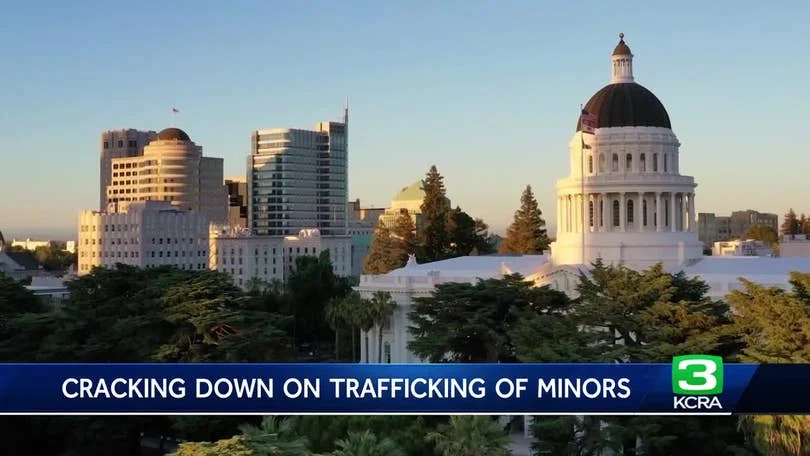
Why Is Gavin Newsom Defying His Own Party to Protect Teens from Predators?
In a surprising clash within California's Democratic ranks, Governor Gavin Newsom has stepped into a heated debate over child sex trafficking laws, raising questions about party priorities and justice. At stake are vulnerable teenagers aged 16 and 17, caught in the crossfire of legislative negotiations that could either strengthen or weaken protections against exploitation. This issue highlights a growing divide in how lawmakers balance crime prevention with other social concerns, making it a pivotal moment for California's criminal justice system.
The controversy centers on Assembly Bill 379 (AB 379), introduced by Democratic Assemblymember Maggy Krell, a former prosecutor with two decades of experience in trafficking cases. The bill aimed to make it a felony to solicit sex from minors under 18, including 16- and 17-year-olds, building on existing laws that already treat such acts as felonies for younger victims. However, during a recent Assembly Public Safety Committee hearing, Democrats, led by Chair Nick Shultz, stripped out the felony provision for older teens, reducing it to a potential misdemeanor. This decision echoed a "deal" struck last year with Republican Senator Shannon Grove, which limited felony charges to those soliciting children under 16.
Newsom's intervention has been swift and uncharacteristic, as governors rarely weigh in before bills reach their desk. In a strong statement, he declared, "The law should treat all sex predators who solicit minors the same—as a felony, regardless of the intended victim’s age. Full stop." This stance puts him at odds with progressive Democrats, who worry that broader felony charges could be weaponized against families in cases involving interracial or LGBTQ relationships. Critics, including Republican Assemblymember Tom Lackey, blasted the committee's move during the hearing, asking, "These are girls, and these are people that our society should be doing everything they can to protect. So why are we protecting the predator?" Krell herself called the changes "a disgrace," vowing to reintroduce the provisions annually until they pass.
This episode reveals deeper tensions in California's approach to crime and social policy. While Democrats have pushed for reforms like decriminalizing loitering for prostitution in 2022 to reduce harm to sex workers, critics argue this has inadvertently left gaps in protecting minors. Newsom's actions position him as a "common-sense" leader, willing to challenge his party to address what he sees as moral imperatives. Yet, as Shultz noted, "We have to be thoughtful policymakers," emphasizing the need for balanced solutions that avoid overly punitive measures. The bill still advances with elements intact, such as reinstating penalties for loitering with intent to buy sex, but the compromise feels like a step back for child advocates.
Ultimately, this legislative battle underscores the challenges of tackling sex trafficking in a state known for progressive ideals. With Newsom pushing for uniformity in penalties, the outcome could influence national discussions on child protection and party politics. What does this mean for California's future—stronger safeguards or ongoing compromises? Readers, share your thoughts: Do you support Newsom's hard line, or are there risks in expanding felony charges? Leave a comment below and help shape the conversation.